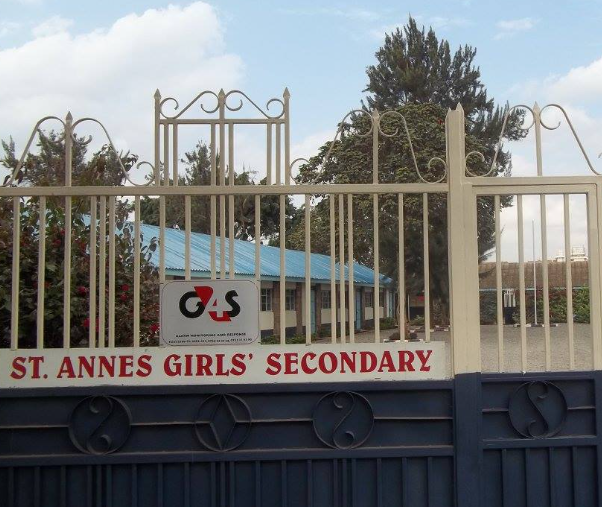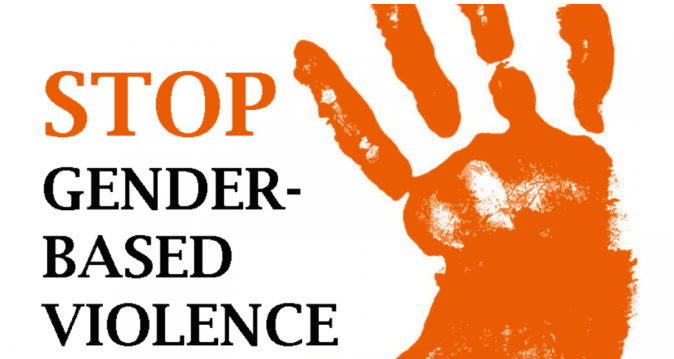Locking out students over fees wrong

This week’s incident at St Anne’s Girls Secondary School in Nairobi, where students were locked out and forced to spend part of the night in the cold over unpaid fees, represents not just a failure of leadership but a serious moral crisis in our educational system. That such an event could occur in 2025 – in the capital city, of all places – should worry everyone.
The actions taken by school administrators were not only illegal but demonstrated a shocking disregard for the basic welfare and dignity of children. The Ministry of Education’s regulations explicitly prohibit the exclusion of students from schools over fee arrears, making this incident a clear violation of established policy.
But beyond the legal implications lies a more disturbing question: How have we arrived at a point where educators could consider it acceptable to put young girls at risk by leaving them stranded in the darkness?
The images that circulated on social media – showing uniformed students huddled together outside their school gate – paint a damning picture of an institution that has lost sight of its basic purpose. Schools are meant to be sanctuaries of learning, not fortresses that shut out the vulnerable. Many of the students had travelled considerable distances, demonstrating their commitment to education despite their families’ financial circumstances. Their reward for this dedication was to be treated as unwanted debtors rather than as students eager to learn.
It took the intervention of Makadara MP George Aladwa to resolve this crisis – a fact that highlights both the severity of the situation and the failure of the school’s administrators. While the MP’s actions are commendable, we must ask why such high-level intervention was necessary to enforce basic educational rights and human dignity.
The incident also raises other questions about the state of our educational system. While schools admittedly face legitimate challenges in managing their finances, such heavy-handed approaches to fee collection reflect a disturbing trend toward treating education as a mere commercial enterprise rather than a basic right and public good. This mindset not only contradicts Kenya’s constitutional commitments but threatens to deepen existing social inequalities.
The calls for legal action against the responsible administrators are justified and necessary. But prosecution alone is insufficient. We need a meaningful conversation about how to balance sustainable funding for schools with their educational mission and moral obligations. This incident reminds us that we need to develop more humane approaches to managing school fees while ensuring access to education for all students.
The true measure of our educational institutions lies not in their ability to collect fees, but in their capacity to nurture and protect the young minds entrusted to their care. Anything less represents a betrayal of our children’s future and our society’s values.















